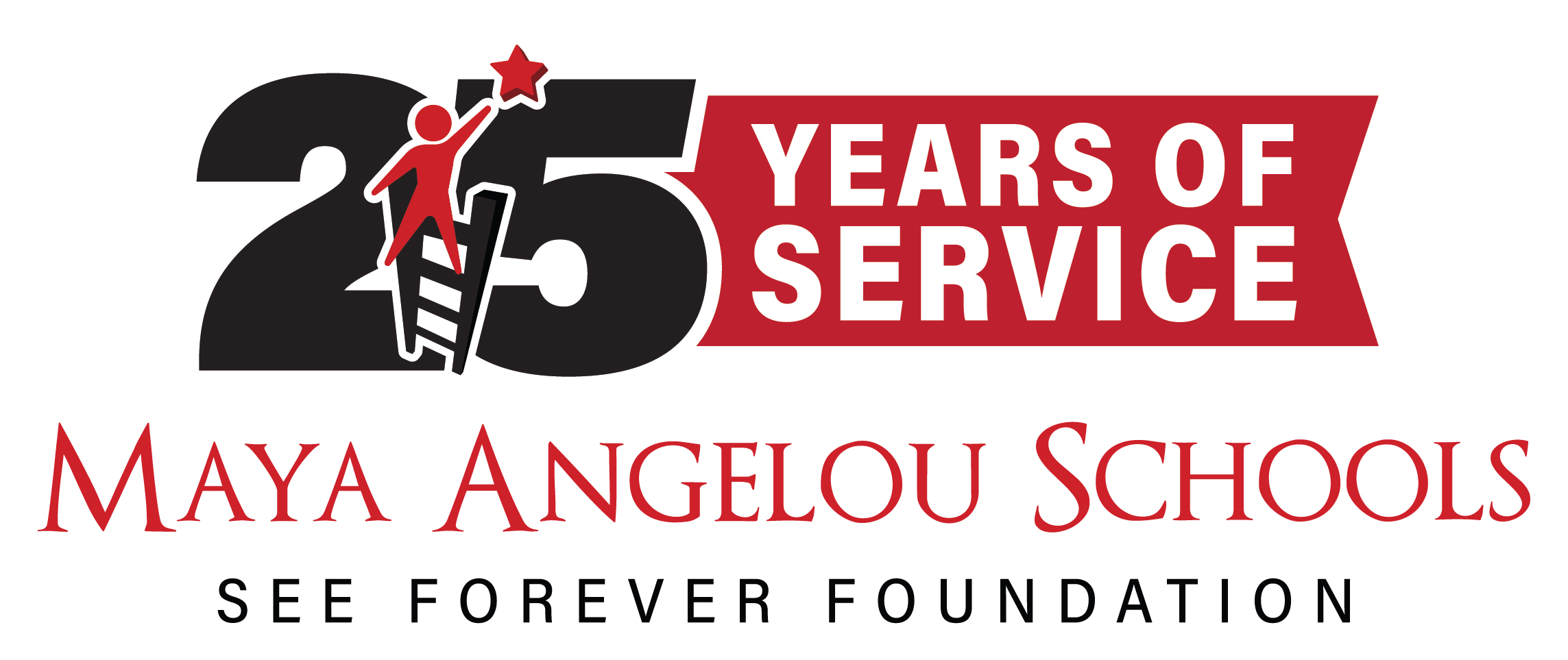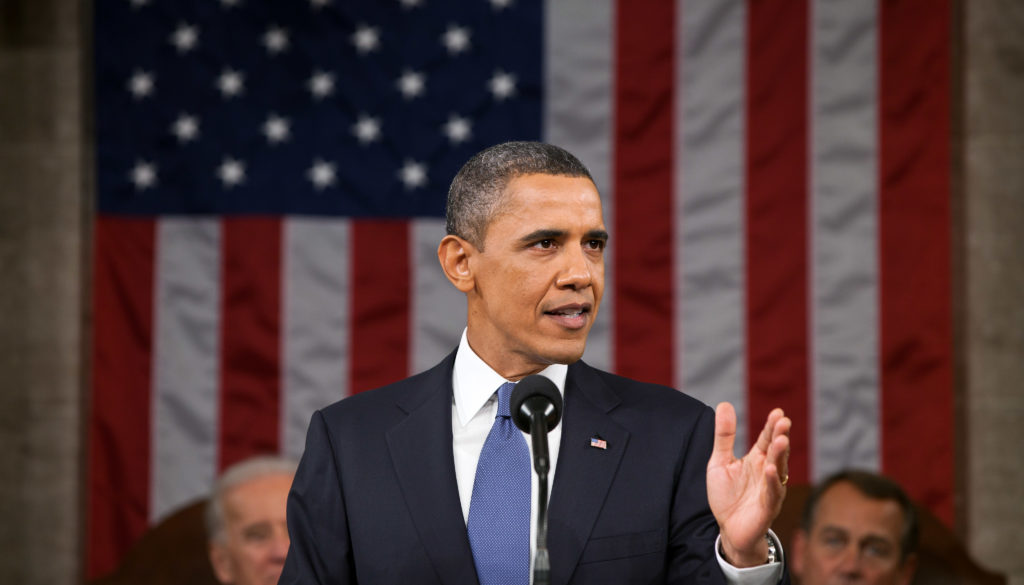Maya Angelou Academy 2014 Speech Competition Winners
The Maya Angelou Academy’s 5th Annual Power Unit Speech Competition was held on November 6, 2014. Â In preparation for the competition, all scholars wrote speeches on the subject of power. Â The scholars were able to select the target audience for their speeches and were given freedom to choose in what direction they wanted to take the subject of power. All scholars were required to utilize at least three of the following rhetorical devices: repetition, anecdote, hyperbole, allusion, hypophora, and analogy. Â The scholars also spent time studying the non-written aspects of a speech that make it more powerful, such as eye contact, hand gestures, presence, posture, and inflection.
The speeches of this year’s winner and runner-up have been reprinted below with permission.
How Will You Use Your Power?
A Speech by Justin S. Â (1st Place)
Good afternoon, my fellow scholars, staff, and teachers. Â Today, I would like to explain what power means to me. ÃÂ Is power the ability to move a car? Â Or is it the ability to move a crowd?
To some people, power is merely what is shown in the media. The media portrays power as having lots of money by any means necessary, such as selling drugs, robbing people, killing people, and so forth. Â Some people tend to duplicate the behavior that the media is selling, thinking that they are going to have power. Â Instead, they end up getting locked up, lost in the streets, or even losing their lives.
While another way people look at power is being able to tell people what to do. Â For example, people believe that bosses, teachers, and parents have power over their subordinates. Â Everyone at some point has been a subordinate, whether as an employee, a student or a child. Â As subordinates, they may have seen the people in positions of authority as having power. Â So when they, themselves, are in a position of authority, they believe that power is simply telling people what to do, rather than leading people by doing.
So now let me give you my interpretation of power. Â To me, power isn’t having more money than the Bank of America, or being able to tell Barack Obama himself what to do. Â So what does power mean to me? Â Power, to me, is being able to persuade a whole crowd of people to stand up for what they believe in. Â As an example, Martin Luther King, Jr. and Malcolm X both displayed power even though their beliefs were very different. Â See, power is a tool, and a tool, if used properly, can fix a problem, but if not used properly, can make the problem worse. So, to me, power is a tool. Â Whether it is used in a positive or negative way, is up to the person who wields it. So, how will you use your power?
Street Power
Speech by Elihadji N. (Runner-up)
S= Sympathy never shown in the land of the street.
T= Trust no one in the land of the street.
R= Respect you better have if you hope to survive in the land of the street.
E= Everything revolves around money in the land of the street.
E= Everybody won’t make it in the land of the street.
T= Try to stay out of the land of the street.
The power of the street consists of the following three types of people in the world: Â people that make it happen; people that watch it happen; and people that don’t even know what’s happening.
People that make it happen are hustlers, drillers, jack boys and any other hustle that makes you money. Â Those people own the power of the street, but that comes with a price. Those people either do a lot of time in jail, or they die in the street. Â You see, it’s like a never-ending cycle. Â The street always wins. Â Well, I wouldn’t say always, because some people make the money and get out of the game. Â Not everybody is able to do that. Â Have you?
Now we go on to the people that watch it happen, like a wing man, somebody who might have the heart to make it happen, but doesn’t have the heart to take charge completely. Â In addition, when you watch it happen, you usually are in the way. Â Such as their mom might give them everything they want, but they still want to be in the street.
Lastly, we move on to the people who don’t know what’s happening. People like store runners. Â People that hit moves just to smoke. Â Now please don’t get these people confused with the people that make it happen or the people that watch it happen. Â The people that watch it happen may not have the heart to take charge, but the people who don’t know what’s happening don’t even know where to begin. Don’t get me wrong, everybody starts not knowing what’s happening. Â You might make the change from not knowing to watching it happen, because of your situation, such as money problems or disrespect that you feel is being shown. Â You go from watching it happen to making it happen, because the situation gets worse, so you need more money, or you picked up on what you were watching and now you want to do.
In conclusion, there are and will always be three types of people in the street: people who make it happen, people who watch it happen, and people that don’t know what’s happening. Â This cycle will never end, just like the cycle of a 24-hour clock.
Every day, it’s the same cycle, with different people.


